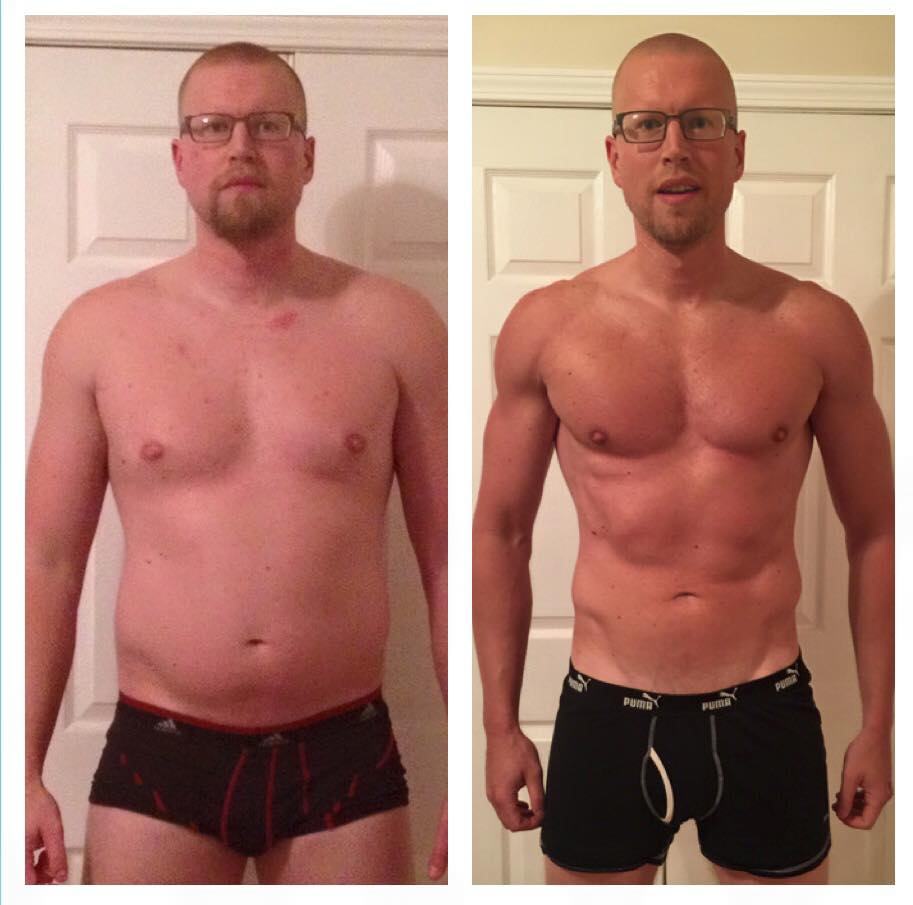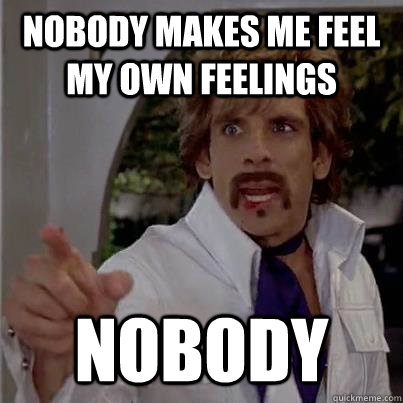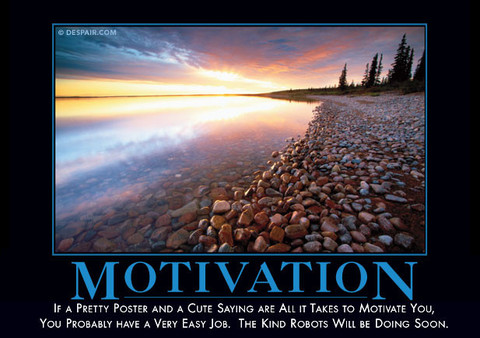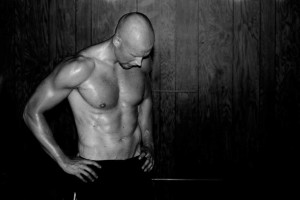I am nearing the end of a grueling, 8 month diet.
In the fall of 2014, I ate myself fat in search of optimal gains. Call it a “dirty bulk” if you wish, but I call it rather stupid. The good news is I set PR’s in the deadlift (500 pounds) and the bench press (305 pounds), making significant strength gains in the process..
The bad news is, I ended the bulk around the holidays, bloated and disgusted by my appearance.
I began dieting on 12/29 of that year, and my diet is set to wrap up on 8/24. I made significant progress – going from an estimated 20% body fat to an estimated 8% body fat.

This diet has been a long one – I underestimated the damage I had done during the fall to a great extent. I guessed it would take me 4 months to shed all the fat, and it ended up taking a full 8 months instead.
An online client of mine was recently struggling with his own journey, and he sent me this question:
Hey, man, how do you stay motivated? I want to get the results you’ve been getting, but I find it difficult to stay “into it”. Some days, I have TONS of motivation and you couldn’t keep me out of the gym. But those days are few and far between. Usually, I’m so beaten up from work, family, and life in general that I struggle to stick to my plan.
You have never ending motivation – how do you do it?
This was an excellent question. It made me think for a bit, although I knew the answer almost immediately.
The short answer:
I don’t use motivation at all. I’m as unmotivated as the next guy.
Let me expand upon that thought a bit.
Motivation vs. Habit
I have a confession to make.
I’m lazy.
As in seriously lazy.
I know that sounds unbelievable, but it’s the God’s honest truth. Motivation is fleeting to me – I don’t feel “motivated” to do things very often. This does not mean I haven’t found success in my life. What it DOES mean is that the methods I use in order to be successful have nothing to do with how “motivated” or “inspired” I am to complete my tasks.
I have had success as a teacher – but on most days, I rise with the alarm clock, groaning about having to explain the Pythagorean Theorem for the 12th time.
I have had success as an online coach – but on most days, I don’t feel “inspired” or “excited” to sit down and write articles or programs.
I have had success in my own personal fitness – but on most days, I really don’t feel like training, hitting my macros, or limiting my intake in any way.
If I only trained when I was “motivated”, I’m guessing I would go to the gym for about half of my sessions. If I only hit my macros when I felt like it, I don’t think I would EVER hit my macros. If I only taught when I felt like it? Let’s just say my students would become very good friends with the substitute teachers at my school.
Yet, during my cut, I can count on one hand the number of days I’ve missed my macro numbers. In about 240 days, that number is less than 5. In that time frame, I’ve missed exactly one training session – a Friday session when I was on vacation. I chose to spend time with my daughters on that day instead of training my legs.
I don’t rely on motivation in order to be successful – I rely on habit.
Creating Successful Habits
Sir Isaac Newton’s First Law of Motion states:
An object at rest tends to stay at rest, and an object in motion tends to stay in motion.
In short, this describes habitry.
Our first step is to begin – we need to set the pieces in motion first and foremost. In order to build good habits, you must start using good habits.
We have all been there, though, right? We have ALL started fitness regimens, dieting plans, and projects that have faded into the background as our motivation wanes.
So, how do we continue with those habits, enabling ourselves to turn our in-the-moment habits into lifelong habits?
How do I do it, day in and day out?
I have a few tricks I utilize to ensure I don’t stray too far off track. These tricks have been honed through trial and error over the years, and they are second nature to me at this point.
Habit Hack #1: I pack my gym bag the night before and go directly to the gym after work 3 days per week, no exceptions.
Back when I was “spinning my wheels”, I would drive home from work and change before I went to the gym. By the time I had arrived in my bedroom and took off my work clothes, all I could see was a nice, comfy pair of sweatpants calling my name.
In that moment, I had a very real decision to make.………..change my clothes and go to the gym, or change my clothes and go to the fridge – and then the couch.
As previously stated, about half of the time, the couch won.
It became obvious that if I was going to succeed, I would need to have my gym bag packed and drive directly to the gym and change in the locker room. It was a small token of my intentions, but the act of packing that gym bag meant my workout clothes and headphones would be calling my name instead of the couch.
Habit Hack #2: I began macro cycling.
When I began tracking my intake, I decided to use macro cycling in order to optimize nutrient partitioning. This means I ate more carbs and less fat when I trained, and more fat and less carbs when I didn’t. In theory, this leads to better strength gains over time and keeps your hormonal profile in tact during dieting stints. In practice, this likely wasn’t necessary, but it did something psychologically to me which I am very grateful for.
On my training days, I ate in accordance to my “training macros”. My breakfast and lunch were lower in fat and had more carbs in them. I was eating with the intention of going to the gym. This way, I felt as if I “wasted” my training day macros if I didn’t attend my training session. This did wonders for my mental state. I felt as if I needed to “use my carbs in the gym” and I (mistakenly) thought if I didn’t go “train them off”, I would gain fat.
Looking back, this was rather silly – but it helped to form my current habits. It’s a small technique I use often with clients – an unnecessary wrinkle in their dietary plans that psychologically helps a trainee adhere to their plan.
Habit Hack #3: I made my lunch the night before, and I always planned my dinner the night before as well.
I actively took the guesswork out of my lunches. For 4 years, I utilized intermittent fasting as a dietary protocol to help adherence to my macros. This made the macro counting process much easier, as I only needed to create two meals – lunch and dinner.
I created an adequate “training day lunch” and “rest day lunch”, and I ate those meals for months on end. Those meals were always made the night before, so when it came time to leave for work, I grabbed my meal, and walked out the door.
I would also spend about 5 minutes the night before creating my dinner macros and leaving them on a Post-It note on the fridge. When I got home from work or training, and it was time to make dinner, I would grab the Post-It and start to make dinner.
These simple acts allowed me mental freedom from my diet. I didn’t have to make any “in the moment choices”. Being a teacher meant I didn’t have the luxury of dining out. This helped my compliance by taking any guesswork out of the equation. I didn’t have to tap into my willpower, which is finite. My decisions were all made prior to starting the day – all I had to do was execute.
Habit Hack #4: I turned off my “feels”.
This is easily my favorite habit hack of all. Even if all 3 of the previous habits were set in motion, there were still days where I just didn’t feel like following through. We all have those days. You’re tired, you’re sick, you have a headache…………and you just don’t want to deal with it.
 On those days – of which there were many – I learned the skill of turning off my thoughts and emotions – and becoming almost robotic in nature.
On those days – of which there were many – I learned the skill of turning off my thoughts and emotions – and becoming almost robotic in nature.
I would turn on the radio on the car, sing or hum along, and drive directly towards the gym. I wouldn’t actively think for one second about the fact that I didn’t want to train that day.
I would just “do it”.
The ability to “turn off your feels” will do wonders for your ability to accomplish any task you don’t wish to do. This is a trait I use often in order to take care of my necessary responsibilities.
If I don’t feel like writing, I can turn off that part of my brain and start typing.
If I don’t feel like training, I can turn off that part of my brain and just start driving.
If I don’t feel like giving my kids a bath, I can turn off that part of my brain and just turn on the damn water.
“Turning off your feels” is the most brutally effective way to accomplish nearly anything. Every time you hit that moment of “I just don’t feel like it,” quiet that part of your brain and squash it with something else.
Become robotic in nature.
Motivation, will power, inspiration, whatever you want to call it – is a facade. It’s not real. You may have it for small moments, but it never sticks around the way you wish it to.
Small, intentional, deliberate actions which all point towards one common goal will set you up for success.
With good habits in place, anything is possible.
Yours in habit forming,
Jason


